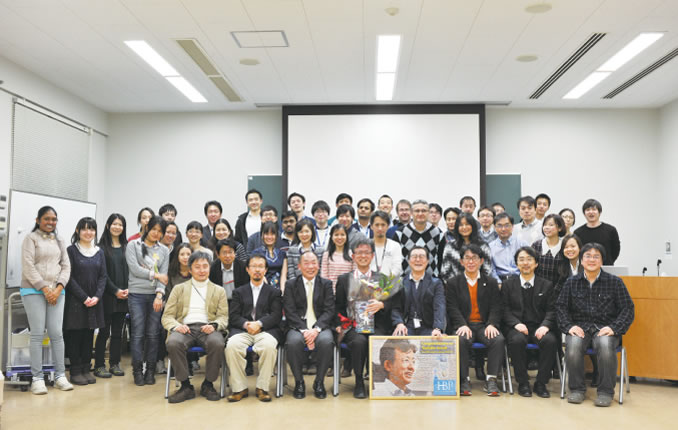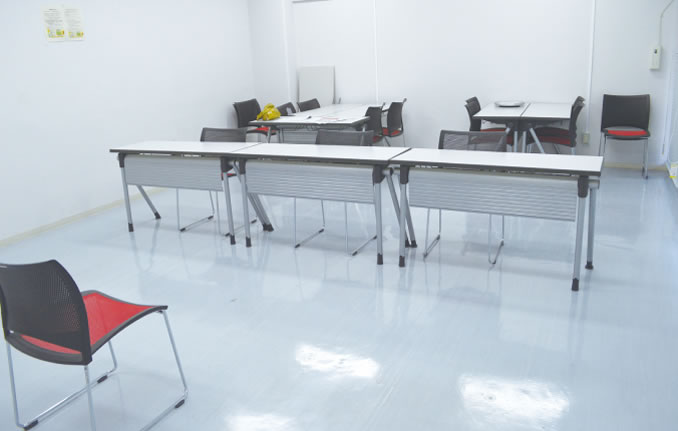Speed and flexibility of the decision-making process
It was challenging, but we decided everything while running the program. Trying new things means that we must decide everything from scratch. Fortunately, the core teachers in the HBP were also members of the management committee, which had a positive attitude toward whatever we decided and allowed us to try. However, when something did not work out well after a year or so, the committee repeatedly made minor changes.
The speed and flexibility of the decision-making process may be due to the size of the committee. Each member has a sense of ownership because the committee is quite small. On the other hand, management committees in other graduate schools have more members, but only a few members are actually responsible for the progress of the committee, and many other members rarely give opinions. In the HBP, about ten core members give their opinions and speedily make decisions. Moreover, because the HBP is a relatively small organization, a member’s opinion has a great influence unlike in a big organization.

HBP faculty members and students
[ Degree Program ]
In the general undergraduate and graduate university, it is common to design the curriculum based on the existing organization of faculties. However, it was necessary to design the curriculum of a new degree program with different approaches as a degree program needs to be designed based on the meaning of the degree.
HBP developed the entire design of curriculum from scratch by defining the achievement goal of capabilities that need to be acquired through the program. HBP provides the quality assured graduate school education with the industry-academia-government collaboration.
Methodology for determining people’s potential growth
Faculty development on trainability was interesting and useful. I understand that in the entrance examination, it is very important to adequately evaluate students’ potential growth after enrollment. In particular, in the faculty development program on trainability, the lecturer indicated the issue of whether the HBP’s entrance examination was working as an appropriate first step of the process of evaluating each student carefully before giving a degree.
On the other hand, challenges remain. In response to this advice, we have not reformed the entrance examination or made any other improvements, so no action has been taken on this matter. Specifically, students’ potential growth after entering the University is important, but I do not know how to evaluate it, and I think our faculty members are not skilled at it either.
However, when it comes to activities in the laboratories, we can generally evaluate students’ potential growth if we work with them on research projects for a couple of months and discuss their prospects with them. My feelings about students at the beginning are almost accurate when I look at it retrospectively. Unfortunately, this process takes time. Through the entrance examination, it is difficult to evaluate their potential growth. However, I must mention that a friend of mine who is in charge of selecting suitable people for a very important mission seems able to see people’s potential, rather than look at it as merely a numerical figure. This suggests that there must be a methodology for determining people’s potential growth. I believe that the University faculty members should learn how to evaluate it from this person and apply the method to the entrance examination.

Challenge for reforms of entrance examination
[ HBP Entrance Exam ]
For our five-year integrated program, HBP aims to develop next-generation global leaders with the powers of Accomplishment, Breakthrough and Cognoscente on top of technical abilities. To select such students from around the world fairly regardless of home country or university, HBP needed a new style of entrance exam.
In the document screening, HBP looks at GRE, English abilities, and research plan. For the entrance exam, HBP performs the comprehensive evaluation with both written and oral examinations. Apart from the University of Tsukuba, plans for test venues in: Bonn (Germany), Shanghai (China), Ho Chi Minh City (Vietnam), Dallas (America), Taipei (Taiwan), and Jakarta (Indonesia).

